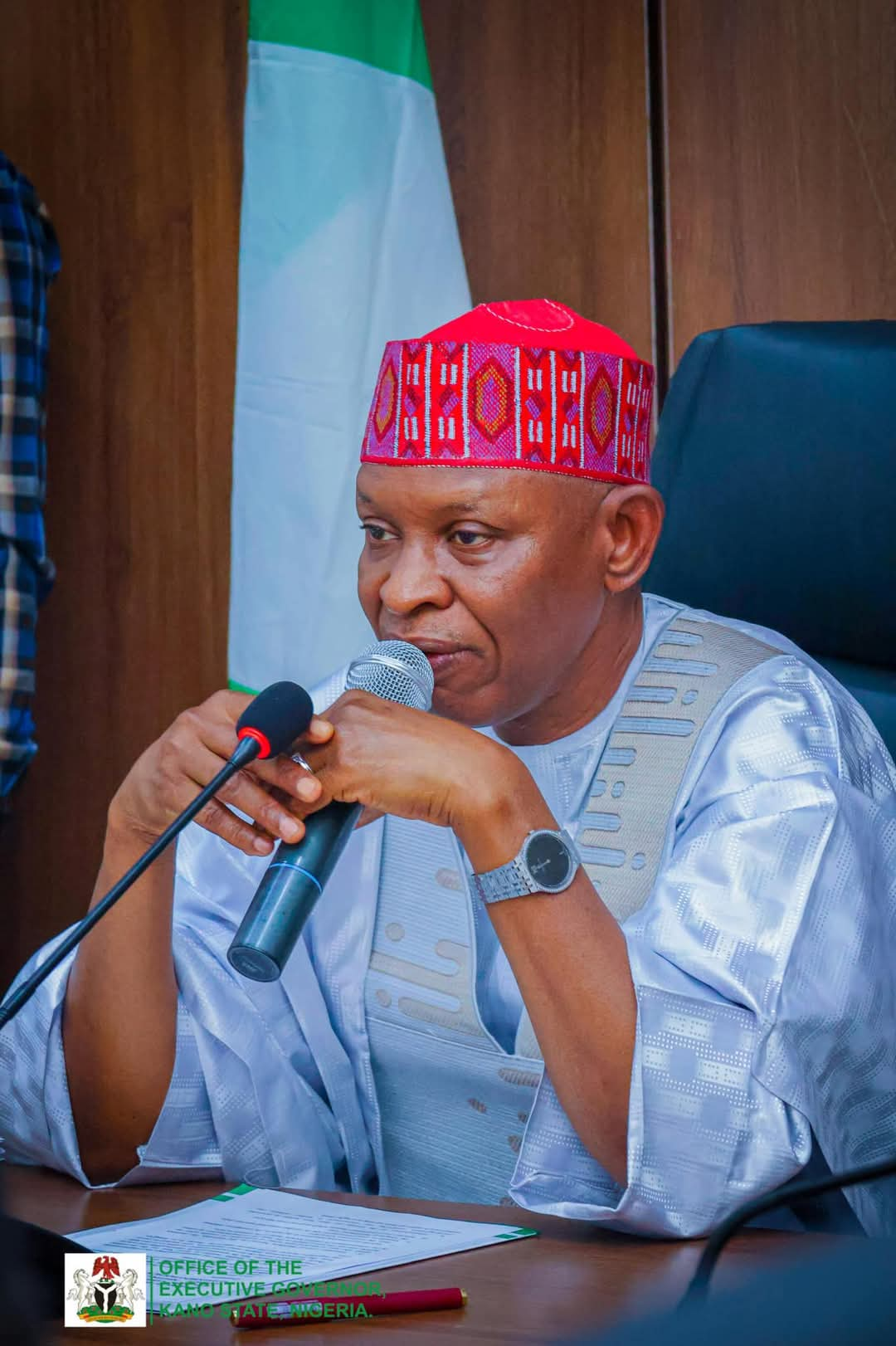Kano State’s Legislative Push for Electricity Safety and Renewable Energy Standards: A Vital Step to Prevent Fire Disasters

Here is your edited and professionally arranged version of the two articles, refined for clarity, grammar, flow, and structured in line with standard journalistic and policy commentary style:
Kano State’s Legislative Push for Electricity Safety and Renewable Energy Standards: A Vital Step to Prevent Fire Disasters
By Engr. Dr Abdurrahman Umar Lawan
In response to the rising incidence of fire outbreaks potentially linked to unsafe electrical and renewable energy installations, the Kano State Government must take decisive legislative and executive steps to protect lives and properties.
On April 28, 2025, the Kano State House of Assembly initiated a landmark move to establish a state electricity regulatory agency to address pressing power sector challenges (Daily Post Nigeria). This aligns with the Nigerian Electricity Act 2023, which empowers sub-national governments to regulate electricity within their jurisdictions—an important step towards decentralization.
On the same day, Nigeria's Chief Justice, Justice Kudirat Motonmori Olatokunbo Kekere-Ekun, called for stronger enforcement of safety standards, following reports of 112 electricity-related deaths nationwide (Punch Newspaper, April 28, 2025). These developments underscore the urgent need for Kano to act swiftly.
Kano stands out for its high adoption of off-grid solar home systems, electric mobility (especially electric bikes), and its broader regional economic influence. However, the state's expansive geography, growing population, and multifaceted power challenges require a robust and structured governance framework to avert further disasters.
Governor Abba Kabir Yusuf’s administration is injecting new energy into the electricity sector at a critical time. As states across Nigeria advance reforms and attract investments through decentralization, Kano must keep pace. Delays may cause the state to miss out on critical funding and technical partnerships, as international investors demand clarity, safety, and accountability.
Key Recommendations:
-
Enact the “State Solar and Renewable Energy for Electricity Installation Safety Bill”
This should mandate safety and technical standards for all renewable energy installations, especially in public institutions like markets (e.g., Kantin Kwari, Sabon Gari, Dawanau), hospitals, and schools. -
Institutional Assignments
Assign regulatory oversight to the proposed Kano State Electricity Regulatory Commission, or alternatively, establish a dedicated Renewable Energy Safety Unit within the Ministry of Power and Renewable Energy. -
Technical Enforcement Partnership
Forge strategic partnerships with the Nigerian Electricity Management Services Agency (NEMSA) for technical inspections and safety certifications. -
Capacity Building
Develop a pool of certified engineers and technicians trained by reputable institutions and endorsed by NEMSA to address the shortage of local technical capacity. -
Investment Readiness
Accelerate electricity sector reforms to attract investments, technology transfers, and human capital development, positioning Kano to benefit from grants, PPPs, and international funding.
As Governor Yusuf has demonstrated resolve in tackling water issues, the same urgency must now be applied to the power sector. Bold, proactive governance will consolidate Kano’s leadership in Nigeria’s decentralized electricity revolution.
Boosting Kano State's Electricity Investment Environment: A Case for Strong Developmental Frameworks
By Engr. Dr Abdurrahman Umar Lawan
Kano State is at a pivotal moment in its energy transition. Recent investor engagements, including MoUs with Moroccan stakeholders and the Tony Blair Institute for Global Change (TBI), have brought over $23.5 million in investment proposals to rejuvenate the state’s electricity sector. The initiative under the Governor’s Energize the Economy of Kano State (GEEKS) programme is focused on enhancing power supply to drive industrial growth and economic diversification.
However, these promising developments need more than political goodwill—they require credible, enforceable, and investor-friendly regulatory frameworks.
The Kano State House of Assembly’s effort to establish a state electricity regulatory agency (Daily Post Nigeria, April 28, 2025) aligns strategically with this vision. Without effective implementation structures, delays caused by political transitions, inter-agency bureaucracies, and policy inconsistencies could undermine these gains.
The recent Punch Newspaper report (April 28, 2025) highlighting widespread electricity safety issues and related fatalities adds urgency to the need for Kano to adopt and enforce comprehensive technical standards in its electricity reforms.
Key Recommendations to Enhance the Investment Climate:
-
Finalize and Enforce Kano State Electricity Laws
Ensure the creation of the Kano State Electricity Regulatory Commission, with clear mandates for licensing, safety enforcement, tariff setting, and investment facilitation. -
Establish a Functional State Electricity Market
Integrate reforms such as the “Solar and Renewable Energy for Electricity Installation Safety Bill” into the market structure, particularly targeting public institutions. -
Strengthen Institutional Assignments
Clearly define roles within the new regulatory commission or set up a specialised directorate in the Ministry of Power and Renewable Energy. -
Accelerate Public-Private Partnerships (PPPs)
Streamline approval processes to eliminate bureaucratic bottlenecks and attract private-sector participation. -
Mitigate Risks of Political Transitions
Enact laws and policy frameworks that insulate critical energy initiatives from political instability and leadership changes. -
Human Capital Development
Prioritise training and certification of local engineers and technicians to build investor confidence and ensure project quality. -
Establish the SPSO Directorate
The Ministry should launch a Strategy, Policy, Sustainability, and Outreach (SPSO) Directorate to align policies with SDGs and promote holistic sustainability—technical, financial, and social. -
Pursue Regional and Global Partnerships
Collaborate with international donors, technical institutions, and development agencies to bolster institutional capacity and investor trust.
Governor Abba Kabir Yusuf’s administration stands at a historic juncture. Strategic, swift action in the electricity sector—as demonstrated in the water sector—can position Kano as a model for sub-national energy reform in Nigeria. By working with partners like the Tony Blair Institute and adopting forward-thinking frameworks, Kano can establish a safe, sustainable, and investor-ready energy landscape that drives economic growth and improves livelihoods.

